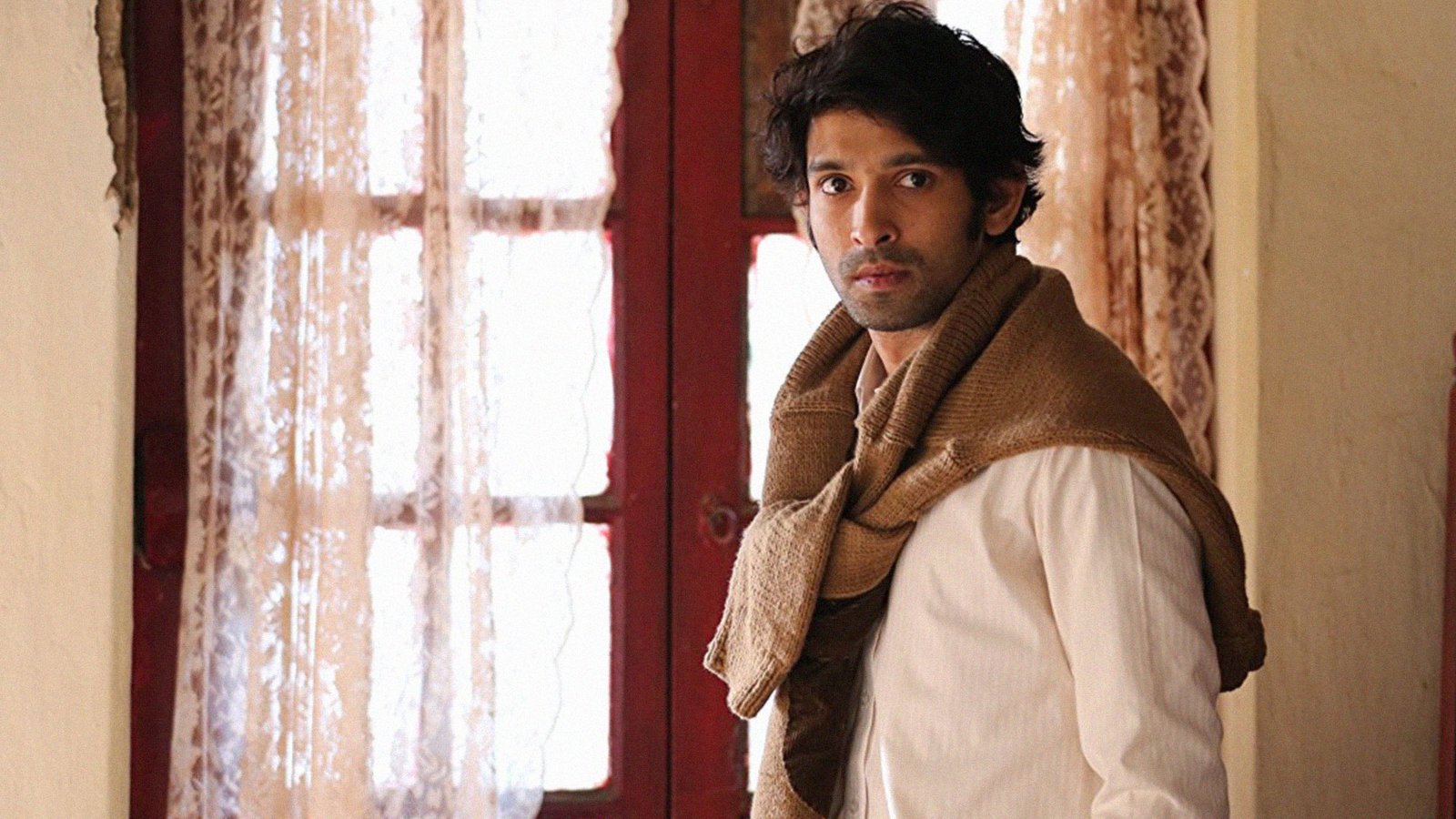Oh boy, if there ever was a movie I have misjudged based on its title, it has to be A Death in the Gunj.
Let me explain further.
At first, A Death in the Gunj just sounds like another mystery thriller set in the cold, dark mountains somewhere. One person dies—as the title already reveals, and I initially felt it would be a whodunit. Those became all the rage a few years ago, anyway.
But A Death in the Gunj is anything but a whodunit…
A Death in the Gunj (2016) Review: A Deep Dive
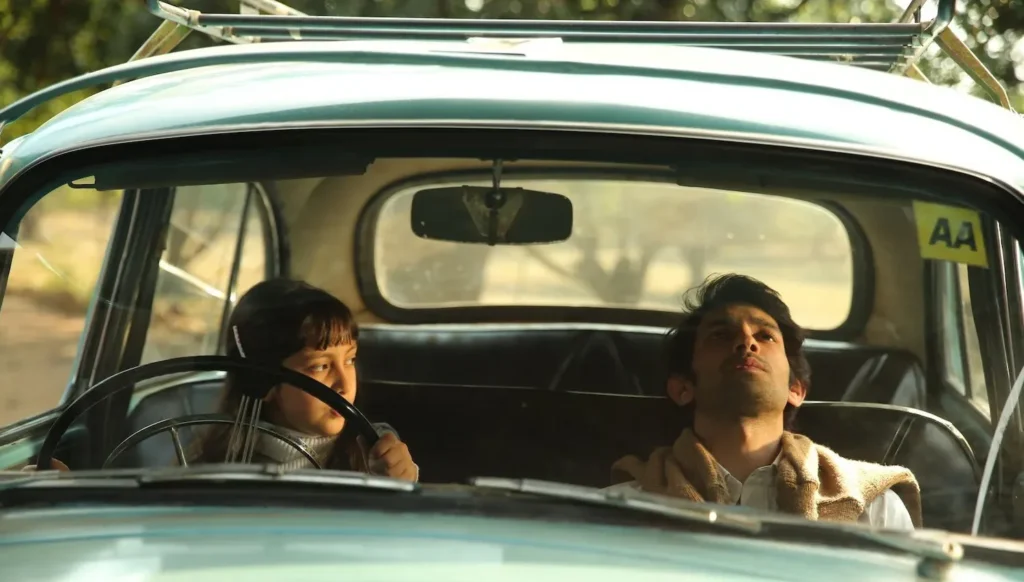
Yes, someone does die, and yes, the plot takes a look at the circumstances that lead to that character’s death. But still, A Death in the Gunj, in my opinion, is a larger exploration of patriarchy.
It’s a subtle commentary on social expectations and gender roles that starts, but most likely, doesn’t end with Shutu, played brilliantly by Vikrant Massey.
The mild-mannered and gentle Shutu is still reeling from the loss of his father as well as failing his exams when he goes to McCluskieganj with his cousin Nandu (and family) in what was Bihar in 1979 (when the movie is set).
Pretty soon, though, it becomes clear Shutu is the black sheep, the butt of all the jokes. In a short period of seven days, almost everyone, from the brash Vikram (Ranvir Shorey) to the heartbroken Mimi (Kalki Koechlin), takes their feelings out on the docile Shutu, who mostly stays quiet—until he doesn’t.
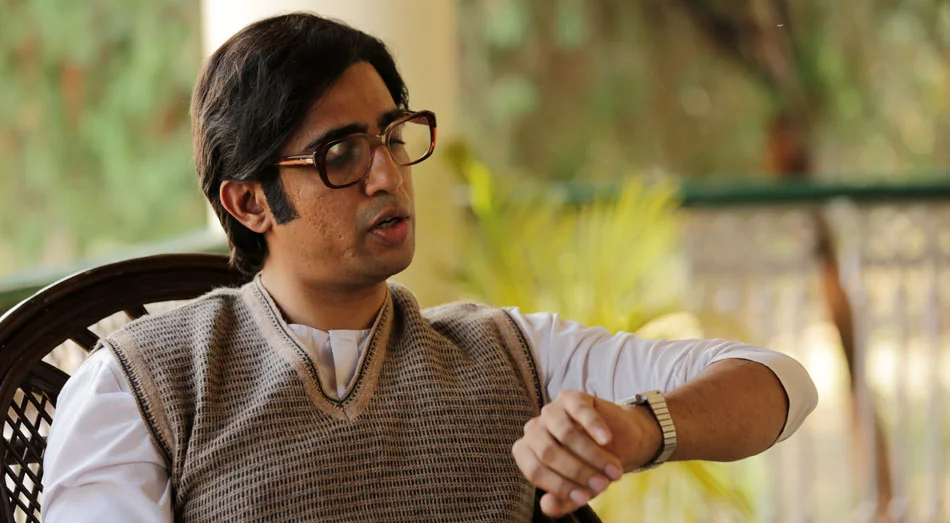
I won’t say much more about the plot itself so as to not give out spoilers, but in the week that Shutu stays in McCluskieganj, he arguably sees the best and worst in people, and in that sense, A Death in the Gunj is also a dark, coming-of-age story.
If you’re going through a particularly nihilistic phase in life, then you could see some merit in Shutu’s thinking.
To me, what stood out the most about A Death in the Gunj is that despite its depiction of patriarchal norms in everyday Indian life, it refrains from taking a moral stance on the actions of its characters, really making the viewers think about what is okay and what isn’t.
Now, to be clear, whenever the discussion surrounding patriarchy comes up, it is almost always associated with its impact on women. But while the idea of women as clandestine agents of patriarchy is certainly sprinkled on top of the metaphorical cake, A Death in the Gunj focuses more on the price that men pay to be a part of patriarchal structures.
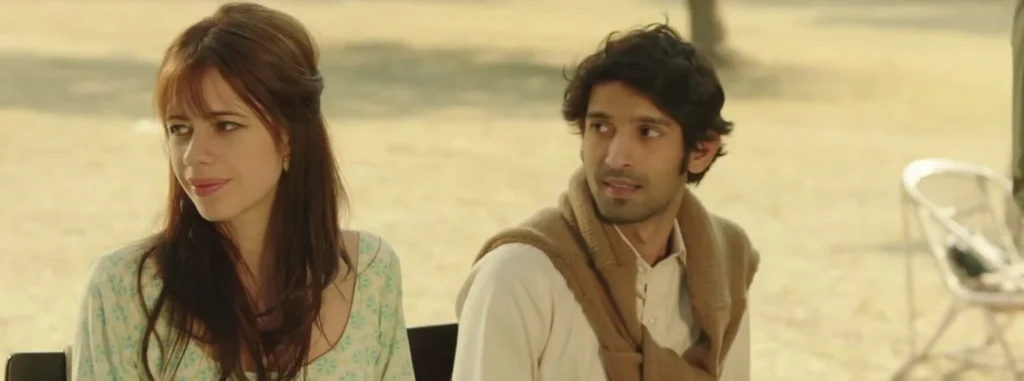
By using incidents that would even the most “respectable” Indian adults say, “Isme itna kya hogaya? Ye sab humne bhi dekha tha,” to drive the story forward, it really makes one reckon with their confirmed biases about the world and society at large.
Since A Death in the Gunj is set at a time when the conversation surrounding mental health did not exist in mainstream discourse, one could argue it is only showing the realities of the time: “Uss zamane mein aisa hi hota tha… You all have it so much better now.” The film even directly references this sentiment when Nandu teaches Shutu how to drive.
And I would not disagree with the principle behind this viewpoint. There is a certain… je ne sais quoi in the harassment that Shutu faces, in that such incidents could have happened to almost anyone. Most men back then would just “tough it out” and bury their emotions for the sake of the status quo.
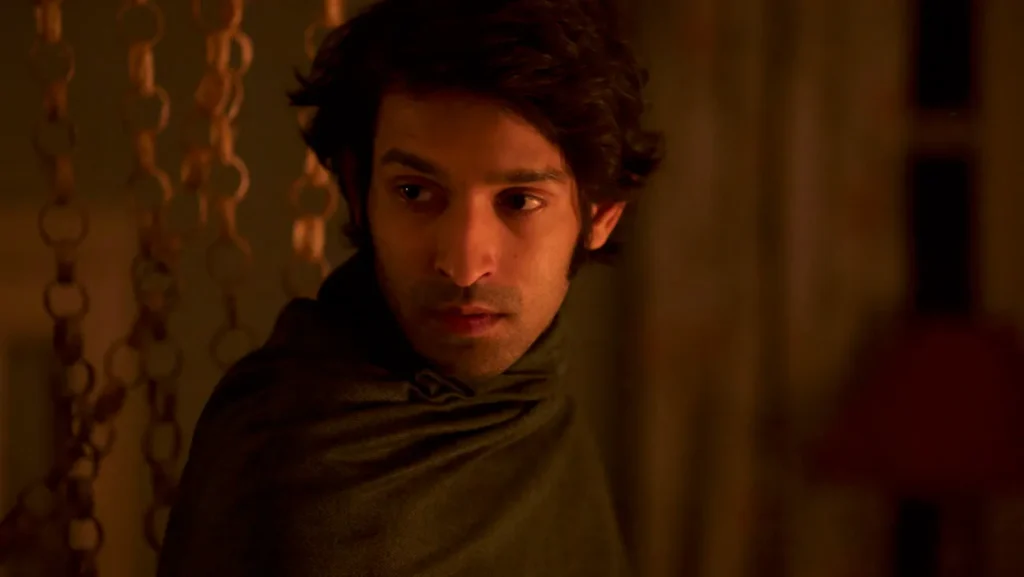
However, Shutu’s “failure” to do so is as much a commentary on society as it is a plot device, making A Death in the Gunj’s critique on patriarchy quite scathing despite its muted approach.
Besides this, what is also brilliant about the plot is how the suspense and tension build up as the movie progresses, especially in the nail-biting second half. This is when the question of someone’s “death” takes centre stage, and just when you think you have predicted who will die by the end, the narrative takes a turn.
Moreover, given that the rest of the film has a slower feel to it, the fast-paced sequences in the climax only heighten the shock.
Ultimately, no matter how you perceive A Death in the Gunj, it is going to stay with you hours after the curtains drop.
